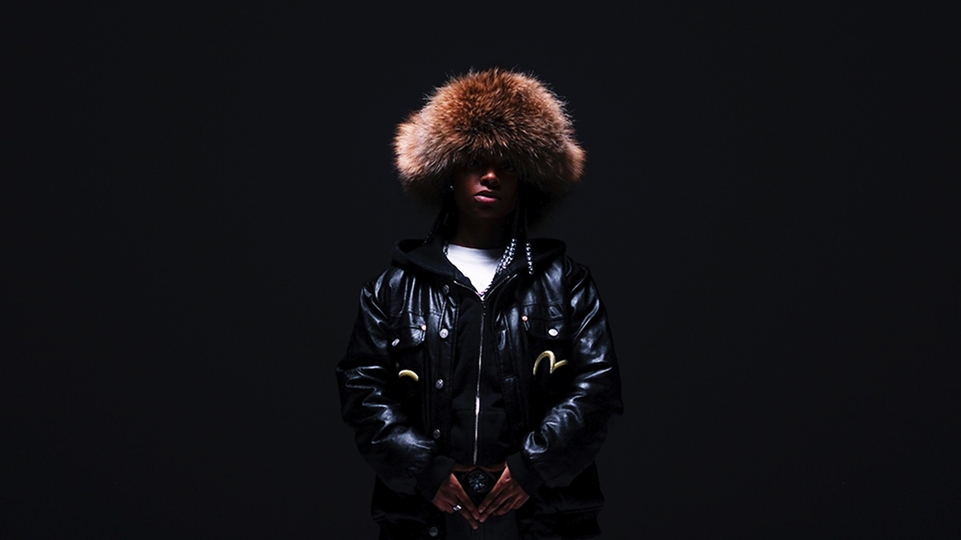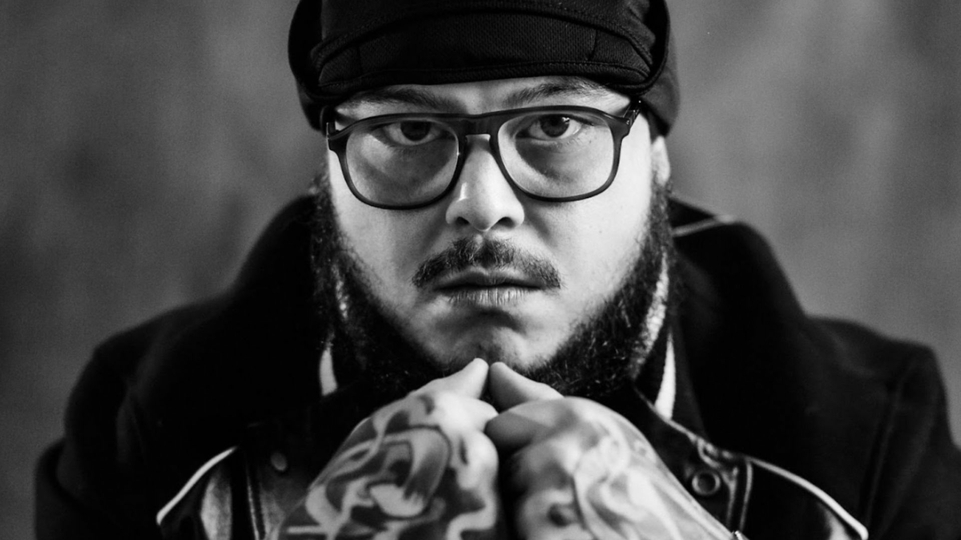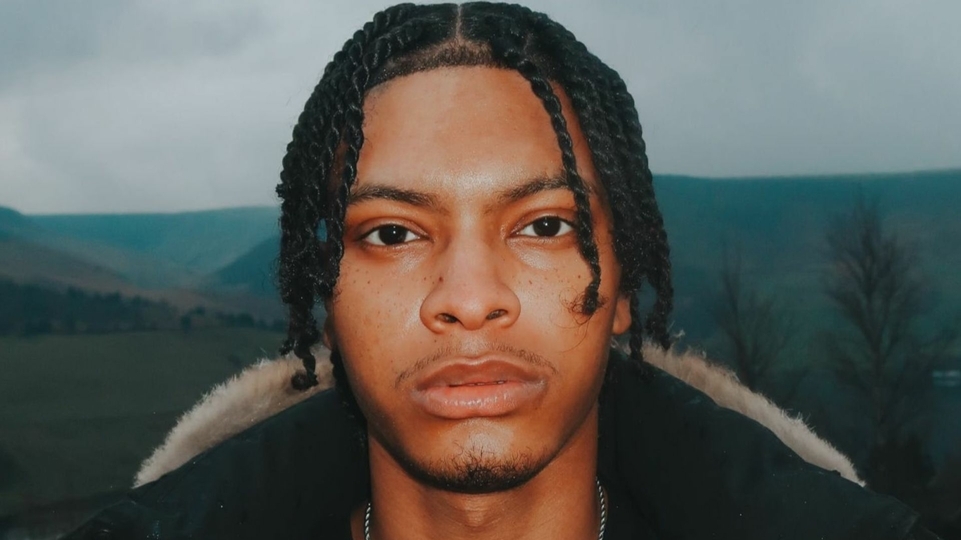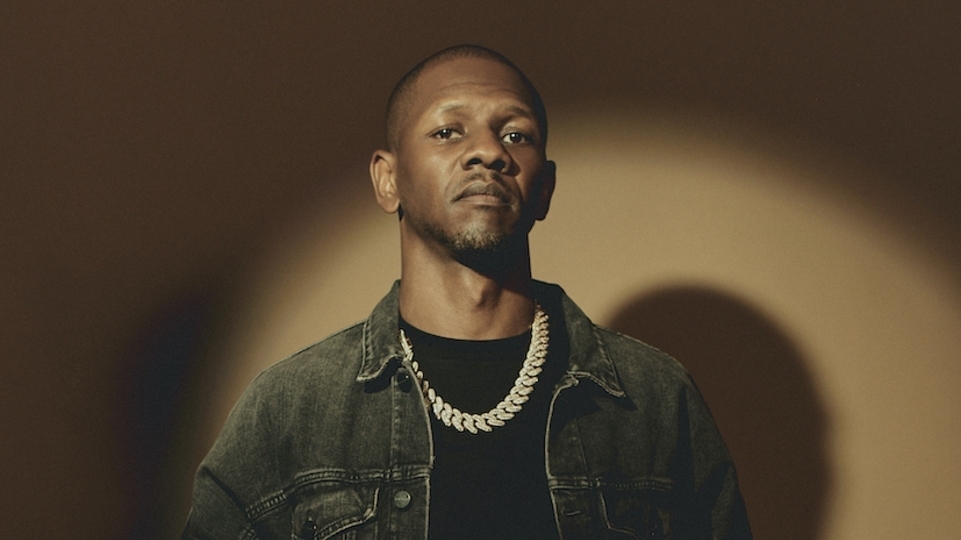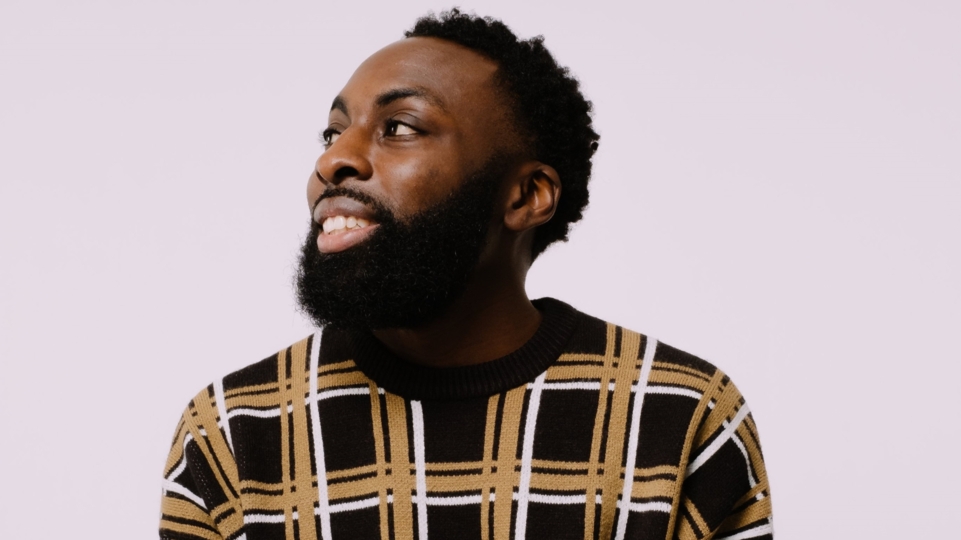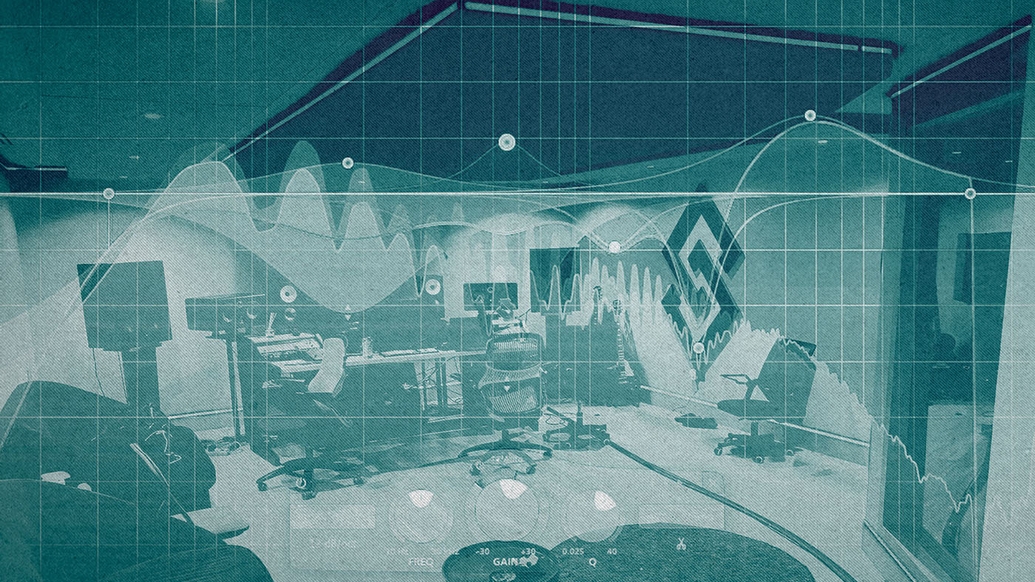
Meet the UK rap and drill engineers shaping the sound into a chart-topping phenomenon
DJ Mag catches up with three of UK rap and drill’s most active and influential engineers — Manon Grandjean, Dukus and Sean D — to discuss their work, the importance of building trust with artists and the idea of engineering as an art in itself
The numbers don’t lie; UK rap and drill sits at the head of the top table of British popular music. Dave’s latest, ‘We’re All Alone In This Together’, topped the UK album charts and achieved 74,000 sales in its opening week, making it the most successful UK album launch of 2021 so far. Tion Wayne became the first artist to take a drill song to the top of the UK Top 40 Singles Chart with ‘Body’. The swaggering collaboration with Russ Millions achieved 71,000 sales and was streamed 10.7 million times in the week that took it to No.1. Even freestyles are charting: Irish drill collective A92’s appearance on Fumez The Engineer’s ‘Plugged In’ platform entered the Singles Chart and has been viewed over 34 million times on YouTube.
As the scene blossoms from a gritty underground sound into an all-conquering phenomenon, more ears and eyes are on these artists than ever before. A crucial, perhaps underrated element of that blossoming is the work of the recording engineers and mixers who have helped shape tracks into crystal clear, radio-ready hits. North London-based Sean D is arguably the scene’s premier mix engineer (and he executive produces too). His mixing and mastering credits in 2020 read like a greatest hits compilation for the year; M1llionz’ patois-laced ‘Y Pree’; Tion Wayne’s infectious ‘I Dunno’; Digga D’s triumphant ‘Woi’; and Unknown T’s transcendent ‘Deh Deh’ are a few of the standouts.
Earlier this year, Sean D opened Signature Studios in North London, a state-of-the-art multi-studio complex and creative hub, which offers workshops for young people alongside the mixing and mastering that pays the bills. The first track Sean D mixed and mastered there was the aforementioned ‘Body’. It’s fair to say he’s developed a golden touch.
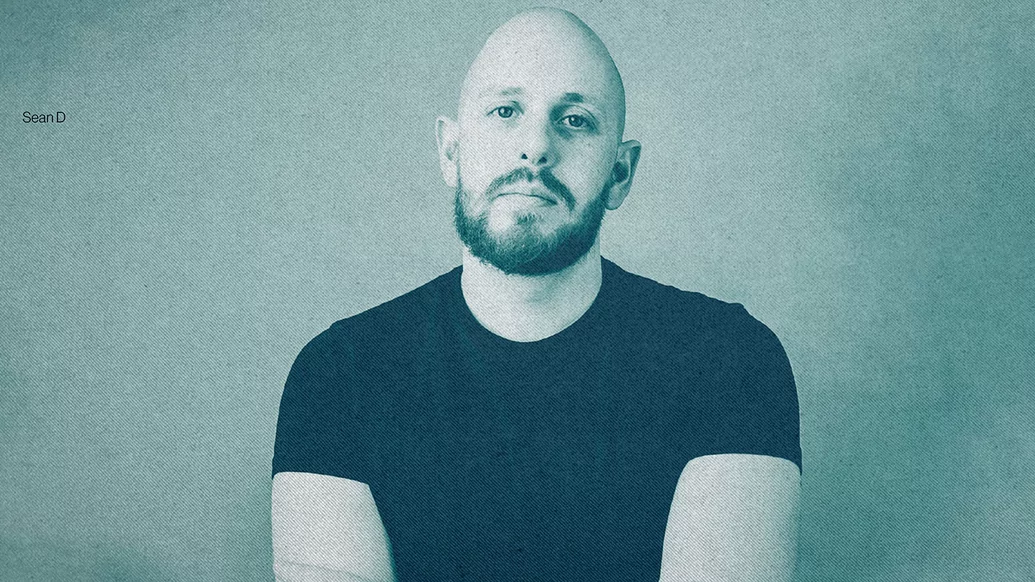

"That’s the art of engineering; to capture both sounds. That means keeping that rawness, but also having that element of easy listening that sounds good on radio and all other systems” - Sean D
WATERSHED MOMENT
Sean D is entirely self-taught, building his first studio in a friend’s garage 12 years ago. He began life in music as a DJ, but his watershed moment as an engineer came in 2014, when he worked on Meridian Dan’s ‘German Whip’, the anthem that ushered in grime’s renaissance.
“At the time, no tunes from the culture were getting into the charts. So when ‘German Whip’ came out and it went No.13, it was a really big deal,” he tells DJ Mag. “I know that, nowadays, we’re expected to get number ones and top tens, but back then it was a big deal. The scene has progressed a lot since then, and so have I. ‘German Whip’ was a massive stepping stone in my career. It opened up a lot of doors.”
For Sean D, caring about the music he’s working on is fundamental to doing a good job. “If you take on a job just for the money, you’re not going to produce a good result because you don’t have the passion for it,” he says. “I choose jobs that I’m passionate about, and I try to go the extra mile. Like, if I’m not happy with a sound, I’ll bring the producer in and get him to do some additional production. These are the kinds of things you’ll do if you’re passionate about the song that’s coming out.”
He feels like the role of an engineer has grown in importance, and the engineers who set themselves apart have almost taken on an executive production role too. “Back in the day, producers would be known for putting the whole song together, getting musicians in, getting all the right bits in place and piecing it together,” he continues. “Now people see the producer as the beat maker. But as an engineer, to really stand out, I feel that you need to be a bit of a producer as well.
“When you’re recording, you’re giving advice to the artists, you’re structuring the song, you’re talking to the producer and adding or changing sounds if you need to. Then, obviously, where you really have expertise is the mix and the final master. It’s about the whole process. You can’t just be a mixer anymore.”
Communication is the key to that process. The mix becomes a dialogue between engineer and artist, which makes building relationships vital to everything that Sean D does. “The vibe in the studio and the relationship you have with the artist is almost more important than the track itself,” he insists. “For me to be able to do a good mix for someone, communication is the biggest factor. I need to know what they want and what they like.
“Music is just opinions at the end of the day — there’s no right or wrong — so I try to befriend the artist and see what they want from the mix. Artists listen to the engineer a lot. An artist will respect your opinion, but you can’t be scared to say what needs to be said. You’ve got to say it with your chest, you know?”
As UK rap and drill now dominates airwaves and streaming platforms, engineers have been crucial in refining the sound. Quality control has become even more important. “A few years ago, the sound was more lo-fi, it was quite rough,” Sean D explains. “The 808s didn’t have a lot of bottom on them. They were more mid-range. It’s adapted now. Everyone’s using better samples. It’s cleaner. There’s a lot more low-end on the 808s because it’s got more commercial. Artists and labels are looking for a more commercial sound, full sound. Like Tion’s stuff — it’s crossover pop drill. You’re looking at not just more clarity on the vocal, but more clarity all over.”
Sean D believes finding that sweet-spot between a sound’s rawness and the smooth audio velvet required to do mainstream numbers is part of an engineer’s job. And it’s something the UK rap and drill scene is actively seeking now. “They want that pop sound, but they also really want to keep the feeling of drill. That’s the art of engineering; to capture both sounds. That means keeping that rawness, but also having that element of easy listening that sounds good on radio and all other systems.”
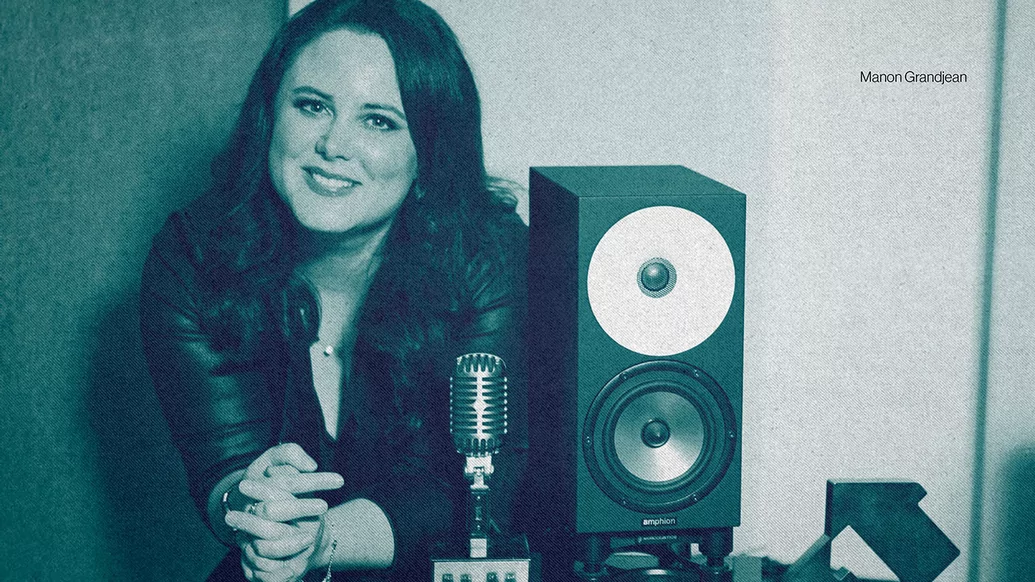
“Not a lot of people are talking about the work of recording engineers, but you can’t underestimate the value of a good recording. You can have the best mixer in the world, but if the raw material is not that great in terms of sonics then it’s gonna be hard to salvage it” - Manon Grandjean
CLARITY
Manon Grandjean is another award-winning engineer and mixer. Unlike Sean D, she took the academic route and has an MA in Sound Engineering. She stands out in a male-dominated field and has worked as an engineer on canonical projects like Kano’s ‘Made In The Manor’, both of Stormzy’s studio albums and Dave’s Mercury Prize-winning ‘Psychodrama’. More recently, she’s mixed the majority of Loski’s ‘Music, Trial And Trauma’, AJ Tracey’s ‘Flu Game’ and the entirety of Fredo’s ‘Money Can’t Buy Happiness’. She began her career in big studios, first as a runner and an assistant before moving into engineering and mixing.
“I think, by doing things this way, you obviously work on a lot of different genres,” Grandjean tells us, “and so my training was actually spent working on music by bands and pop, more so than rap music. Rap music came a bit later on for me, when I started working with Fraser T. Smith.”
Manon’s work with the legendary British producer got her in the studio with Stormzy and Dave, where her experience of working across genres brought a poppy shine to the music of UK rap’s new young kings. “I think by being able to record anything from a string orchestra to drums and vocals, I carried that into my work in rap,” she adds. “I took things I learnt along the way and applied them to the genre. I know the hard drums and bass are important, but I’m really attached to the music too. I want the pads, keys and vocals to shine through.
“I try to look at the track as a whole. When we were working with Stormzy, he wanted his vocal to be treated like a pop vocal, to really shine and give it that polished sound. I think that was quite new for the genre at the time. I carried that on with Dave, and more recently with AJ Tracey. They like having their vocals quite bright. It’s a high-end, radio-friendly sound.”
As Manon has transitioned from engineering to mixing, she’s noticed a real level-up in the way rappers’ vocals are being recorded, which has a positive impact on her role as a mixer. “I’ve noticed there’s been a rise in the quality of vocal recording, which helps a lot in the clarity of the final product,” she explains. “Not a lot of people are talking about the work of recording engineers, but you can’t underestimate the value of a good recording. You can have the best mixer in the world, but if the raw material is not that great in terms of sonics then it’s gonna be hard to salvage it,” she continues. “In rap, vocals are the main element of the track, so if one thing has to be good and shine through, it’s that.”
For Manon, like Sean D, building relationships is important to what she does. Ideally, a mix will become a conversation between artist and mixer. “I prefer if there is some sort of connection,” she says. “When possible, I like to either go to a studio they like where we can play the mixes through, or they could come to mine. Then we can make any little changes that come to mind. I need to know them and to know what they want for the record, to have that human interaction. Everyone is busy and they don’t necessarily want to attend mixes all the time. But it’s important to have maybe one session together when we can listen through and connect, because we’re not robots and I’m not an email address, you know?”
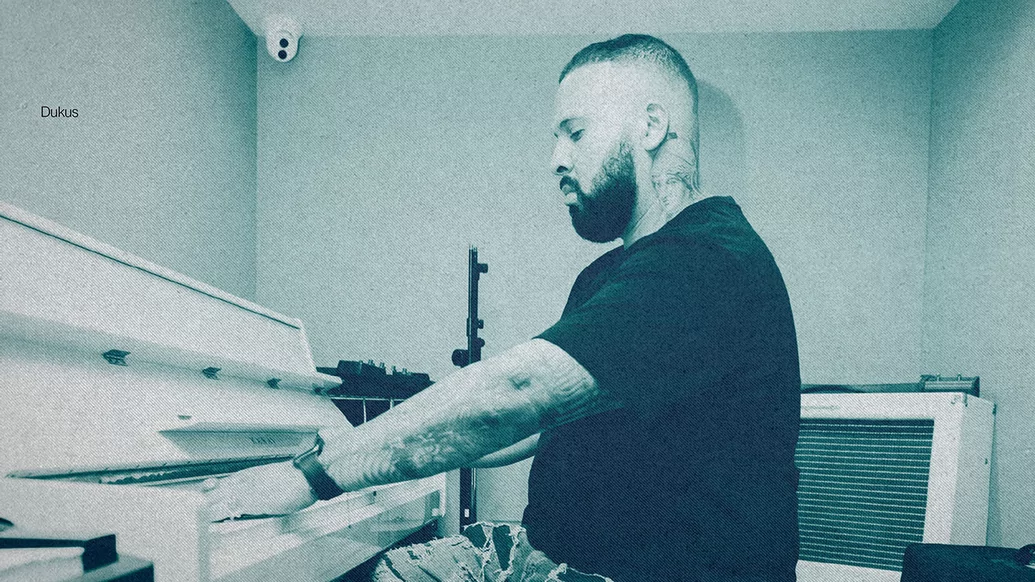

“It’s not simply the production. It’s the way the engineer translates what the artist and producer creates. It’s a very artistic thing. The most important thing is the ears; being able to hear something and then know what you can do to it" - Dukus
ARTISTIC APPROACH
Dukus is a platinum-selling recording engineer, mixer and producer who studied at London’s School of Audio Engineering (SAE) Institute. Of Colombian heritage, he also releases his own music as a reggaeton artist. He’s mixed and mastered for UK rap and drill heavyweights like Potter Payper, Poundz, Knucks and K-Trap, and has worked extensively with Fredo on his last three studio albums.
His breakthrough as an engineer came in 2013, with the Pecknarm Landlord Giggs’ anthem-heavy ‘When Will It Stop’ project. “Giggs was one of the first people to really believe in me,” Dukus tells us. “Him and Buck liked what I did on a song he had with Jeremih called ‘Up We Goin’, and invited me to come and work on the project. I’d never been in a situation like that before. I went to Mark Ronson’s studio in Tile Yard and his engineers put me through fire! Loads of them tried to get the mix of ‘Is It Gangsta’ right, but in the end Giggs used my mix. That made me believe in myself.”
Dukus strives for trust between artist and engineer, which allows for constructive criticism to be absorbed and ideas shared in the spirit of collaboration. “These guys like going to Harrods or Selfridges because of the customer service, and the quality, you get what I’m saying? It’s the same with music. You get that with my stuff, it’s about attention to detail,” he continues. “You’ve got to be open to their ideas, but they need to know you’re not a ‘yes man’ either. I try to be as objective and as straight as possible. There might be something that’s bugging them about a song, but they’re not sure what it is. It’s my job to help them figure that out.”
Like Sean D, Dukus believes a respected, skilled engineer can offer executive production in the studio. As well as mixing and mastering, he provided additional production across Fredo’s latest album ‘Independence Day’. “When you’ve got a good enough relationship with everyone involved, you can take on that role,” he explains. “With this last Fredo album, if I felt like something could do with more kicks, or more drums, I just took it upon myself to do it and present it to them and explain my choices. If they trust you, you can do these things that elevate a project.”
He feels that while there’s definitely a science to engineering, he likes to take a more artistic approach. “You know how a really good, interesting video can change how a track feels? A mix can do that too, but more subliminally,” he says. “It’s not simply the production. It’s the way the engineer translates what the artist and producer creates. It’s a very artistic thing. The most important thing is the ears; being able to hear something and then know what you can do to it.”
The artistic element to engineering creates space for an engineer to leave their personal imprint on a track or project, according to Manon. “Obviously there are a lot of technical, non-creative things that you have to do, like cleaning up breaths or mouth clicks — they’re part of the job,” she says. “But there are a lot of emotions involved too. Without really thinking about it, a lot of my personality and my emotions show in what I do. And I think that’s what connects with the artists or even further, the listeners. The lyrics and the production are key to that connection, but it’s also the mix and the mastering too.”
Sean is in no doubt; engineering is an artform, and should be respected as such. “Engineering is like sculpting or painting. You’re basically painting a picture, using things like width and frequencies. The more you see it as an artform, the better engineer you will be,” he insists, “and I think engineers are completely undervalued in the music industry. If it wasn’t for the engineers mixing all these records to a cleaner standard, I don’t think the scene would have become as commercial as it has done.”
